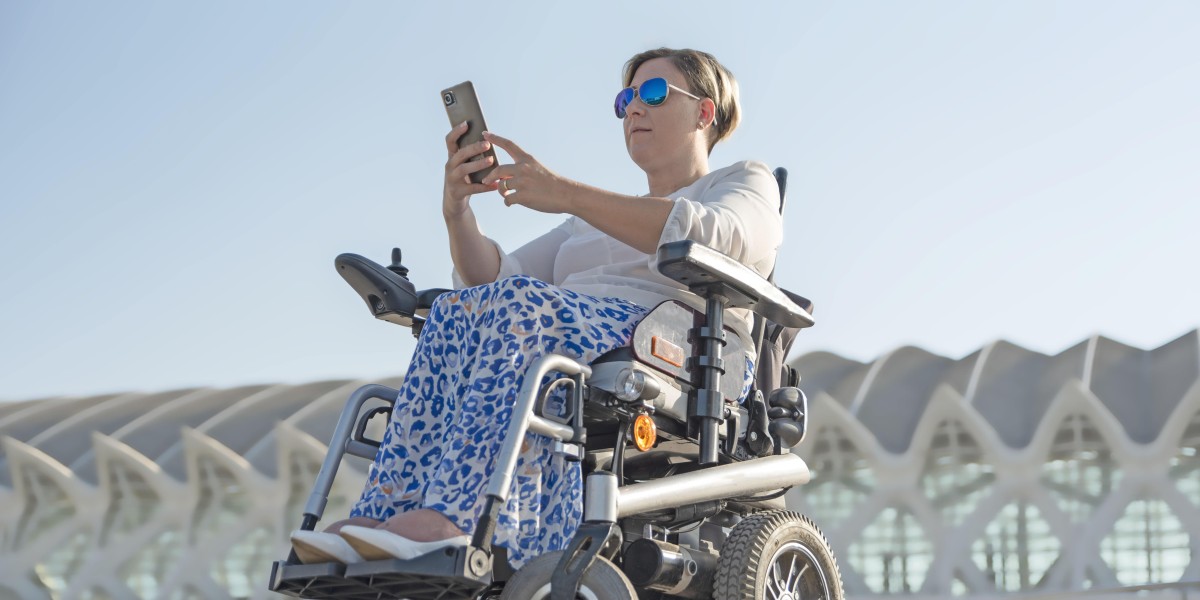Introduction
Planning for a loved one’s total knee replacement surgery, TKR can feel overwhelming at first. As a family member, you want to ensure everything is in place for their safety, comfort, and emotional well-being.
From understanding the procedure to preparing the home for recovery, having a structured approach can make this journey smoother and less stressful. Sharing what we learned while supporting a parent through TKR may help other families feel more prepared.
Understanding the Procedure and Its Impact
Before anything else, take time to understand what TKR involves. This is not just a medical procedure; it affects daily life, mobility, and independence for weeks after surgery.
Talk with your loved one’s orthopedic surgeon and ask detailed questions about the process, potential risks, and expected recovery timelines. Knowing what to expect helps families anticipate challenges and plan for support in advance.
Essential Hospital Selection Checklist
Choosing the right hospital is one of the most important decisions. Here are key factors to consider when deciding where your loved one will undergo surgery:
Expertise of Orthopedic Surgeons
Look for surgeons who specialize in knee replacements and have a proven track record of successful outcomes. Experienced surgeons often reduce recovery time and improve long-term mobility.Comprehensive Post-Operative Care
Ensure the hospital provides physical therapy, pain management, and follow-up consultations. A strong recovery program is critical to restoring independence after surgery.Facility Accreditation and Technology
Hospitals with advanced technology, sterile operating theaters, and modern rehabilitation equipment contribute to better surgical outcomes and safety.Patient-Centered Support
Staff should be compassionate and responsive, offering guidance and reassurance to both patients and family members throughout the process.Accessibility and Comfort
Consider proximity to home, ease of transport, and the overall environment. A stress-free hospital visit contributes positively to emotional and physical recovery.
Preparing Your Home for Recovery
Once the hospital and surgery date are set, preparing the home is equally vital. Arrange for a safe space for rest, mobility aids like walkers or handrails, and easy access to essential items.
Families should also plan for meal prep, medication management, and short-term help for household chores. Small details, like arranging seating at a comfortable height, can make a big difference in post-surgery comfort.
Emotional Support for the Patient
Surgery can be intimidating. Encourage open conversations with your loved one about fears, expectations, and pain management.
Being present during recovery, celebrating small milestones, and offering reassurance can have a profound impact on healing. Emotional support is often as important as physical care in achieving a smooth recovery.
Questions to Discuss With the Surgeon
What is the expected hospital stay for TKR?
How long will physical therapy be required post-surgery?
Are there any restrictions on daily activities during recovery?
What pain management strategies are recommended?
How can families best assist during rehabilitation?
Documenting answers to these questions ensures clarity and reduces anxiety for everyone involved.
Preparing Financial and Administrative Details
Ensure all insurance documents, hospital admissions forms, and medical history records are complete and accessible. Preparing these details in advance avoids last-minute stress and helps the family focus on supporting the patient.
It is also helpful to have a contact list of doctors, physiotherapists, and emergency numbers ready for quick reference.
Middle of the Journey: What Families Should Know
During the hospital stay, families play a critical role in recovery. Monitoring mobility, encouraging light exercises as prescribed, and maintaining regular communication with the medical team can influence the patient’s comfort and progress.
Understanding total knee replacement surgery, TKR procedures in detail at this stage helps families feel more confident in assisting with post-operative care. This is the time to reinforce routines, monitor pain levels, and ensure that rehabilitation exercises are followed consistently.
Checklist Summary for Families
Pre-surgery medical consultation and understanding the procedure
Selecting a hospital with experienced surgeons and patient-centered care
Home preparation for comfort and safety
Emotional support and open communication
Financial and administrative readiness
Active participation in post-operative care and rehabilitation
Conclusion
Supporting a loved one through total knee replacement surgery, TKR requires careful planning, patience, and empathy. By using a comprehensive checklist, families can ensure a smooth journey from preparation to recovery.
At Soundarapandian Bone and Joint Hospital(SBJH), we are committed to providing world-class healthcare with the warmth and compassion of a family-run institution. Guided by a tradition of care, our highly skilled orthopedic surgeons and our dedicated team work together to ensure that every patient receives personalised treatment. We combine the latest in cutting-edge technology with a deep sense of empathy and ethics, striving for excellence in orthopedics while fostering a welcoming, supportive environment for all.
Frequently Asked Questions(FAQs):
Q1. How long does recovery take after total knee replacement surgery?
Recovery typically takes six to twelve weeks, but mobility gradually improves with consistent physical therapy and family support.
Q2. Can family members help during hospital stay and recovery?
Absolutely. Families provide emotional encouragement, assist with mobility, and ensure the patient follows rehabilitation routines.
Q3. What are the risks associated with TKR?
Risks include infection, blood clots, or limited mobility. Choosing an experienced hospital and surgeon reduces these risks significantly.
Q4. Is physical therapy necessary after surgery?
Yes. Physical therapy is essential to regain knee strength, flexibility, and independence. Family support ensures patients follow therapy consistently.
Q5. How do I know which hospital is best for my loved one?
Look for specialized orthopedic care, experienced surgeons, comprehensive post-operative support, and a compassionate, family-focused environment.







